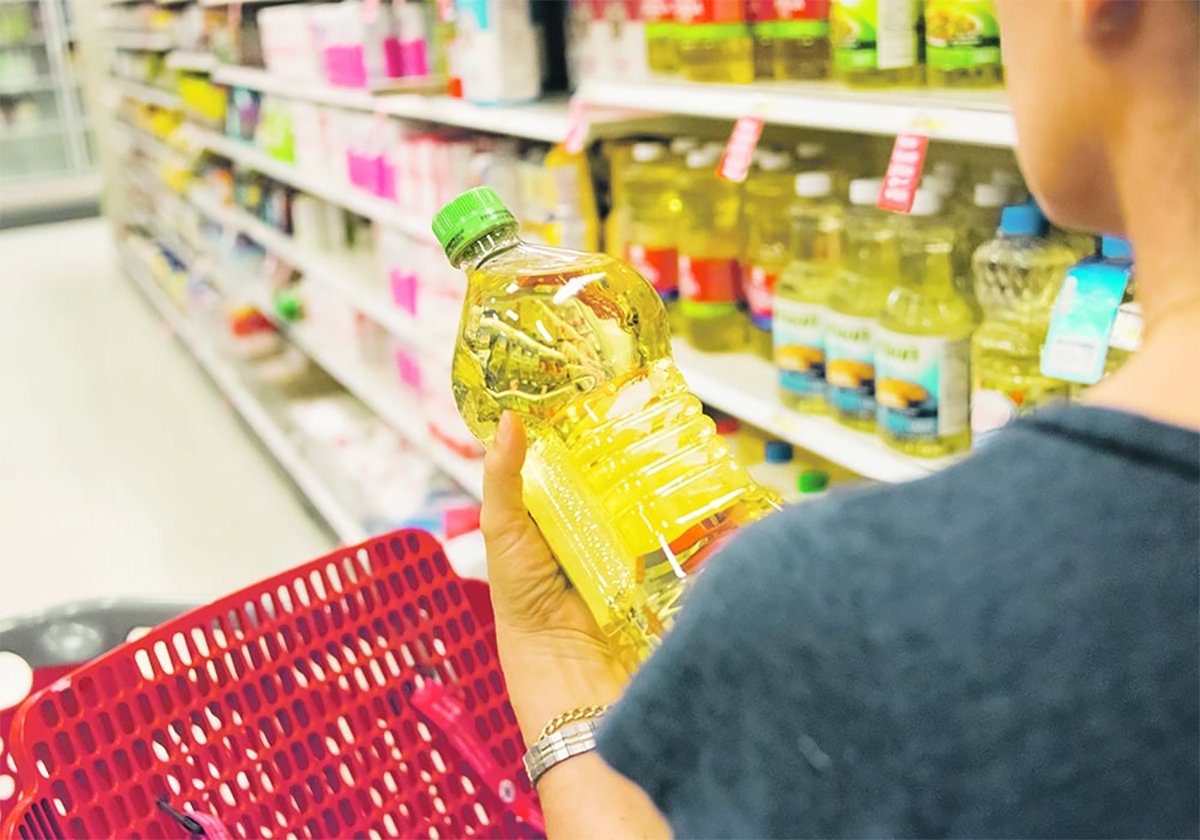There is only one other organization in the developed world that does what the Canadian Wheat Board does.
The CWB is a state trading enterprise with a monopoly on exports of wheat and barley.
Operating on the other side of the world is Zespri, an STE that has a monopoly on exports of kiwi fruit from New Zealand.
They do the same thing, but only one of them sees its future under threat from proposed new World Trade Organization rules.
If the WTO negotiating text is adopted as written, the CWB will lose its export monopoly, but a special exclusion added to the text last December saves Zespri from a similar fate.
Read Also

Vegetable oil stocks are expected to tighten this year
Global vegetable oil stocks are forecast to tighten in the 2025-26 crop year, this should bode well for canola demand.
The exclusion, added as a footnote by former WTO agriculture chair Crawford Falconer of New Zealand, excludes any STE involved in an industry that accounts for less than 0.25 percent of total global agricultural trade.
That applies to kiwi fruit, but not to wheat, which accounts for 2.5 percent of global agricultural trade, or barley, at about 0.5 percent.
Dustin Gospel, director of strategic planning and corporate policy for the CWB, said it’s clear the exclusion was written to include kiwi but not wheat and barley.
“This is an exemption which is designed for Zespri and Zespri only,” he said.
“Zespri is under 0.25 percent, so that’s the way it was written. It was very cleverly crafted.”
He said Zespri is structured essentially the same as the wheat board and would have faced elimination under the agreement if not for the special exclusion.
Gosnell said that with a 35 percent share of world kiwi exports, Zespri is in a position to have a much greater influence on world markets than is the CWB, which has a wheat market share of 20 percent.
The difference is the United States and the European Union don’t care about kiwi exports.
“This has always been about us and the Australian Wheat Board,” said Gosnell. Now that the AWB is no longer a monopoly STE, “it’s just us,” he added.
Zespri was evidently able to successfully make the case to WTO officials that it doesn’t distort world trade in kiwis, while the U.S. and EU have rejected similar arguments about the CWB.
It might have helped Zespri’s case that Falconer was in charge of writing the draft.
Falconer’s predecessor, Tim Groser, and his successor, David Walker, are also from New Zealand.
According to Zespri’s website, the organization was created in the 1970s as the Kiwifruit Marketing Board. In 1997 it expanded and restructured to become Zespri International Ltd., a monopoly exporter owned by more than 2,700 growers with government support.
In recent months the organization has come under criticism from growers and companies over an alleged lack of transparency and questionable costs and margins
Under the WTO, developing countries are not subject to the same rules regarding monopoly export STEs as developed countries.
















